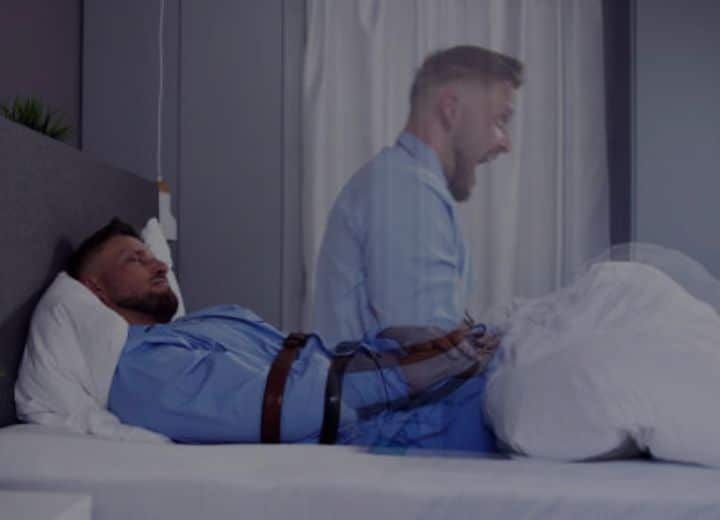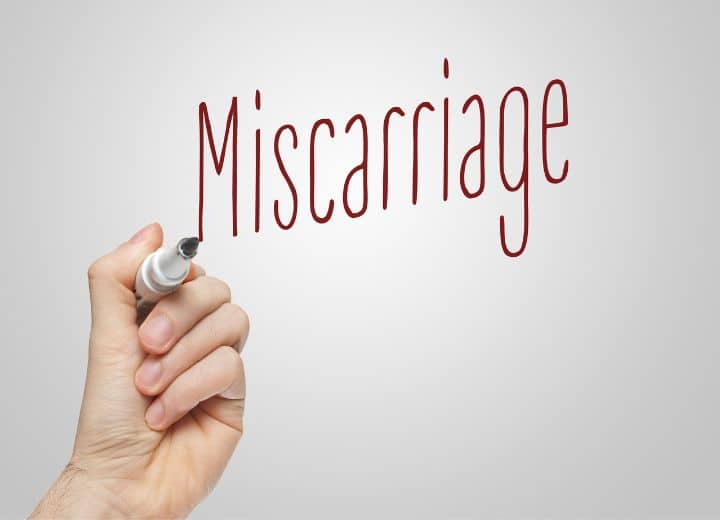Vertigo | Types-Causes-Symptoms-Treatment
Vertigo is not merely a term for feeling dizzy; it’s a specific type of dizziness characterized by a spinning sensation. Unlike general dizziness, where one may feel lightheaded, this gives the distinct impression that the world is spinning around the person.
Types of Vertigo
This can be categorized into different types based on its origin and characteristics. Here are the primary classifications:
Peripheral Vertigo:
- Originates in the peripheral vestibular system, mainly the inner ear.
- Often associated with issues like benign paroxysmal positional vertigo (BPPV), vestibular neuritis, or Meniere’s disease.
Central Vertigo:
- Arises from problems in the central nervous system, particularly the brainstem or cerebellum.
- Conditions such as migraines, multiple sclerosis, or tumours may lead to central vertigo.
Benign Paroxysmal Positional Vertigo (BPPV):
- Characterized by brief, intense episodes of this triggered by specific head movements.
- Caused by displaced calcium crystals in the inner ear’s balance mechanism.
Meniere’s Disease:
- Involves recurrent episodes, fluctuating hearing loss, tinnitus, and a feeling of fullness in the ear.
- Associated with fluid buildup in the inner ear.
Vestibular Neuritis:
- Results from inflammation of the vestibular nerve.
- Typically presents with a sudden onset of severe vertigo, often following a viral infection.
Labyrinthitis:
- Inflammation of the inner ear affects both hearing and balance.
- Symptoms may include vertigo, hearing loss, and tinnitus.
Migraine-Associated Vertigo:
- It is a common symptom during migraine attacks.
- Individuals with a history of migraines may experience this condition as a part of their migraine symptoms.
Motion Sickness-Induced Vertigo:
- Triggered by motion, such as travel by car, boat, or plane.
- Can cause nausea, sweating, and dizziness.
Postural Orthostatic Tachycardia Syndrome (POTS):
- Characterized by an increased heart rate upon standing, leading to dizziness and vertigo.
- Often associated with autonomic nervous system dysfunction.
Cervicogenic Vertigo:
- Caused by neck issues, such as cervical spine disorders or injuries.
- Neck movements may trigger vertigo symptoms.
Psychogenic Vertigo:
- Vertigo with no identifiable medical cause, is often related to psychological factors.
- Anxiety or stress may contribute to the perception of dizziness.
Causes of Vertigo Explained
Inner Ear Disorders: Disorders such as labyrinthitis and vestibular neuritis can disrupt the normal functioning of the inner ear, leading to vertigo.
Neurological Issues: Conditions like multiple sclerosis or brainstem disorders can affect the central nervous system and contribute to this.
Medication Side Effects: Certain medications, especially those impacting the central nervous system, may have this health condition as a side effect.
Migraines: Migraine headaches, especially those accompanied by aura, can trigger episodes of this condition.
Infections affecting the Inner Ear: Infections like otitis media or otitis interna can cause inflammation in the inner ear, leading to this health condition.
Benign Paroxysmal Positional Vertigo (BPPV): BPPV is a common cause where tiny calcium particles in the inner ear disrupt normal balance function.
Meniere’s Disease: A disorder of the inner ear characterized by fluctuating hearing loss, tinnitus, and vertigo.
Vestibular Neuritis: Inflammation of the vestibular nerve, often viral, can result in sudden vertigo.
Head Injuries: Trauma to the head, especially affecting the inner ear or brain, can lead to persistent episodes of this condition.
Reduced Blood Flow to the Brain (Vertebrobasilar Insufficiency): Insufficient blood supply to the brain can cause this, often exacerbated by certain head movements.
Tumours affecting the Brain or Inner Ear: Both benign and malignant tumours can disrupt the normal functioning of the vestibular system.
Multiple Sclerosis: An autoimmune disease that can affect the central nervous system, including the areas responsible for balance and coordination.
Dehydration: Lack of proper hydration can lead to changes in the electrolyte balance, affecting the inner ear and causing this condition.
Anxiety Disorders: Conditions like panic attacks or generalized anxiety can contribute to episodes of this.
Certain Cardiovascular Conditions: Conditions like arrhythmias or atherosclerosis may impact blood flow to the brain, leading to this problem.
Side Effects of Specific Medical Treatments: Certain medical treatments, such as chemotherapy or radiation, may have vertigo as a side effect.
High or Low Blood Pressure: Abnormal blood pressure levels can influence blood flow to the brain, contributing to this problem.
Hormonal Changes: Fluctuations in hormones, particularly in women during menstruation or menopause, can trigger this.
Neck or Head Trauma: Previous injuries to the neck or head can disrupt the normal functioning of the vestibular system.
Inflammation of the Inner Ear (Labyrinthitis): Inflammation of the inner ear structures, often due to infection, can result in that problem.
Symptoms of Vertigo
- Spinning sensation
- Nausea and vomiting
- Loss of balance
- Hearing loss
- Ringing or buzzing in the ears (tinnitus)
- Sweating
- Abnormal eye movements (nystagmus)
- Headache
- Fatigue
- Double vision
- Difficulty focusing
- Feeling lightheaded
- Tilting or swaying sensation
- Unsteadiness
- A sensation of floating or rocking
- Disorientation
- Clamminess
- Pale skin
- Anxiety
- Difficulty concentrating
Diagnosis of Vertigo
Diagnosing involves a thorough examination to identify the underlying cause.
Medical professionals utilize a combination of methods, including:
Medical History: Gathering information about the patient’s symptoms, including the onset, duration, and triggers, helps in understanding the nature of this condition.
Physical Examination: A comprehensive physical examination, with a focus on the nervous system and ear, nose, and throat, assists in identifying potential causes.
Dix-Hallpike Maneuver: This diagnostic test helps detect benign paroxysmal positional vertigo (BPPV) by observing eye movements during specific head movements.
Videonystagmography (VNG): Utilizing video technology to record eye movements, VNG assists in assessing the functionality of the vestibular system.
MRI or CT Scan: Imaging tests are employed to rule out structural issues, such as tumours or abnormalities in the brain or inner ear.
Blood Tests: In some cases, blood tests may be conducted to check for underlying conditions like infections or metabolic disorders.
Treatment Options :
Treatment of this depends on the underlying cause and the severity of symptoms. Various approaches may be recommended:
Medications:
Antihistamines: To alleviate symptoms of motion sickness and nausea.
Benzodiazepines: To control dizziness and anxiety.
Antiemetics: Medications to manage nausea and vomiting.
Physical Therapy:
Canalith Repositioning Procedure (CRP): A series of head movements to treat BPPV by repositioning displaced calcium crystals in the inner ear.
Vestibular Rehabilitation:
Customized exercises designed to improve balance and reduce dizziness.
Medication Management:
Addressing medications that may be contributing to this by adjusting dosages or changing prescriptions.
Lifestyle Modifications:
Dietary changes: Reducing salt intake for conditions like Meniere’s disease.
Hydration: Ensuring adequate fluid intake.
Avoiding triggers: Identifying and avoiding factors that worsen it.
Surgery:
In cases of severe, persistent state of this health problem not responsive to other treatments, surgical interventions may be considered.
Psychological Support:
Addressing the emotional impact of this health condition especially in cases where anxiety or depression is associated.
Treatment of Underlying Conditions:
Managing specific conditions contributing to this, such as migraines or cardiovascular issues.
Prevention:
Preventive measures include staying hydrated, regular exercise, and effective stress management. These lifestyle adjustments can significantly reduce the frequency and intensity of its episodes.
Also, Read this: what is bipolar disorder?|Its causes, Symptoms and prevention|
FREQUENTLY ASKED QUESTIONS(FAQs):
Can vertigo be completely cured?
While some cases of this can be cured, others may require ongoing management to control symptoms.
Are there natural remedies for vertigo?
Yes, certain home remedies like the Epley maneuver and lifestyle changes can help manage this condition’s symptoms.
Can stress trigger vertigo?
Yes, stress is known to be a potential trigger for its episodes.
Is vertigo more common in older adults?
While vertigo can affect individuals of all ages, it is more commonly reported in older adults






